SPEAKERS

Cyril Ritchie
President of UIA

"Was the UN Summit of the Future (September 22-23, 2024) of relevance to Associations? If so, what happens next?"
In a world of (again) increasing antagonisms and conflicts among governments, the United Nations System remains essential to the struggle to maintain peace, to achieve sustainable development, to uphold human rights, to reduce the risks and consequences of disasters, to preserve multilateralism. But what United Nations? The UN Summit of the Future (SOTF) is intended to revamp, reinvigorate, redress the UN as the universal values-based, standard-setting organization its Charter intends it to be. SOTF will produce a Pact for the Future, a Global Digital Compact, a Declaration on Future Generations. What is and will be the role of and impact on Associations, short-term and long-term? The Florence RT Keynote address will endeavour to pinpoint the Summit's relevance to Association principles, aspirations, and daily work, looking forward to 2025 and the Sustainable Development Goals target date of 2030.
Realism? Pie in the sky? Come, listen, react!
Biography
Union of International Associations: President since 2017 - Bruxelles
Conference of Non-Governmental Organizations in Consultative Relationship with the United Nations (CoNGO): President 2011-2018; First Vice President 2018-2025 - Geneva, New York, Vienna
Council of Europe Expert Council on NGO Law: President 2008- 2018; Honorary President from 2018 - Strasbourg
World Future Council: Senior Policy Advisor since 2012 - Hamburg
International Baby Food Action Network/GIFA: Vice President since 2020 - Geneva
Titular of the World Order of the Smile (since 1979) – Government of Poland
International Civil Society Forum for Democracy (ICSFD, 2006): President - Doha
World Civil Society Conference (WOCSOC, 1999): President - Montreal
International Council of Voluntary Agencies: Executive Director 1964-1978 and 1990-1991 - Geneva
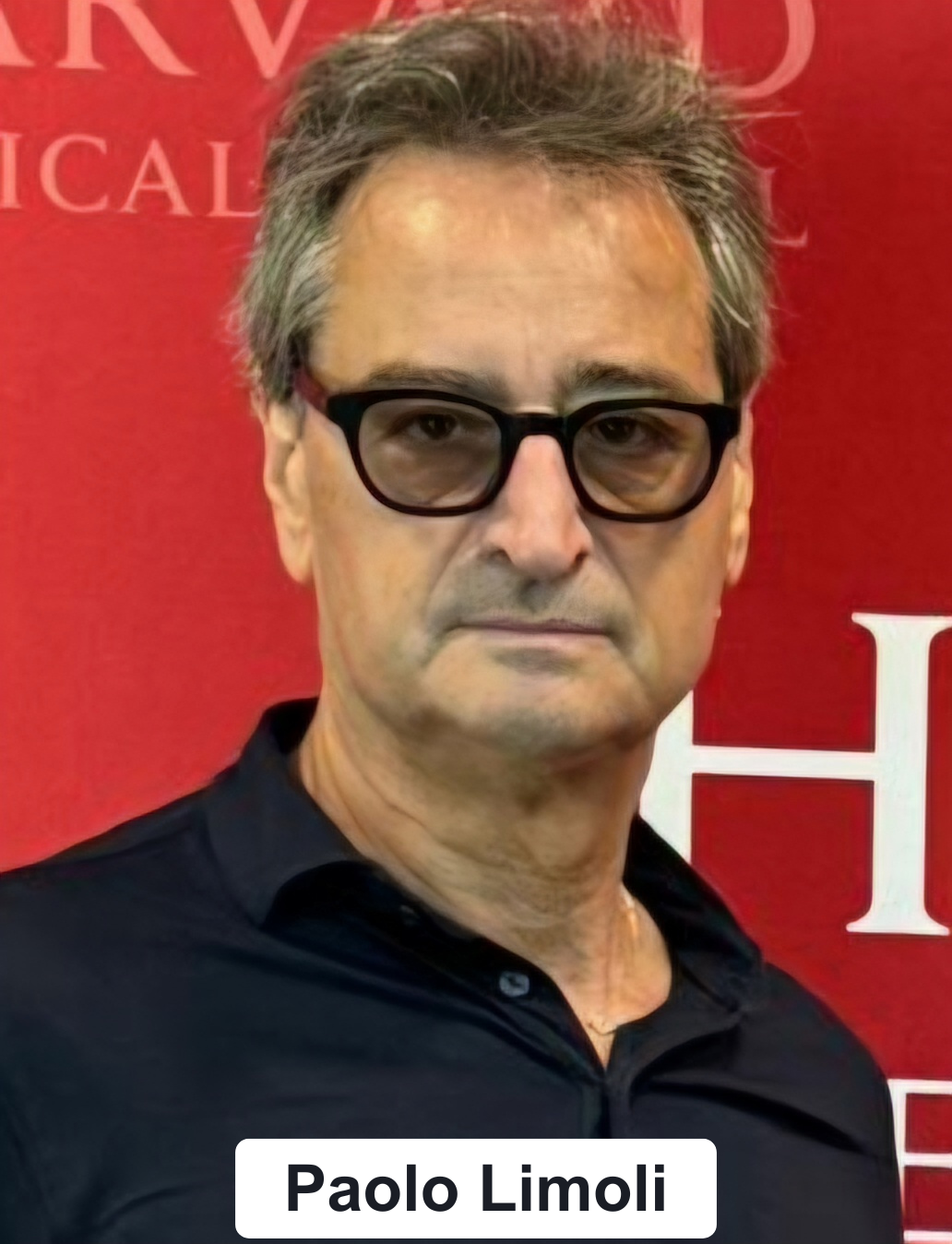

Gianni Virgili and Paolo Limoli
International Society for Low Vision Research and Rehabilitation (ISLRR)


“Low Vision Congress” – An example of 360° teamwork to listen, learn and leave a legacy for the future.”
An introduction and discussion of how an association and a local team (PCO, CVB and Venue) can work together seamlessly from an initial RFP to bid presentation already planning out for now and the future.
(Workshop together with Ginevra De Bellis, OIC; Ilenia Pasi, Destination Florence Convention Bureau and Annarita Buracchi, Firenze Fiera)
Key take-aways/Objectives:
Listening to the needs of the association, co-creative thinking and brainstorming to present a well-rounded project with the aim of not just looking at the congress in Florence 2025, but leaving added value for the years to come.
Biography
Professor Gianni Virgili
Gianni Virgili is Professor of Ophthalmology at the University of Florence and was Professor at Queen's University Belfast (2021-2022). He is Director of the Ophthalmology Specialization Program, director of the SOD Optics Pathophysiology clinical unit and was Coordinator of the Regional Center for Visual Education and Rehabilitation at Careggi Hospital in Florence, Italy. He has specialized in medical retina since 1992.
He received a Master's degree in Epidemiology from the University of Turin in 2005 and has received extensive training in biostatistics and research methods, particularly in systematic reviews and meta-analyses. He has developed skills in healthcare data management and collaborated with the Regional Health Agency in pharmacoepidemiology studies in Tuscany.
He has collaborated in particular with Cochrane, where he holds the following editorial roles: Editor of Cochrane Eyes and Vision (2006); Coordinator of the Cochrane Eyes and Vision Satellite for Diagnostic Accuracy of Tests (2011); Editor of the Diagnostic Test Accuracy Working Group (2011). He is a member of the Editorial Board of the journal Internal and Emergency Medicine (HTA and Clinical Evidence section, 2010), Academic Editor of the journal PLOS ONE (2015) and Executive Editor of the American Journal of Ophthalmology (2016).
His main areas of clinical interest include primary research on the diagnosis and treatment of medical retinal disorders, visual function and visual rehabilitation.
He was a member of the WHO Technical Working Group for the Intervention Package for Refractive Errors and the Rehabilitation Intervention Package for Visual Rehabilitation. In this project, as a member of Cochrane Eyes and Vision, Gianni Virgili provided technical support to the project regarding the procurement, use or preparation of systematic revisions and clinical guidelines.
Paolo Limoli (Medical surgeon specialist in Ophthalmology)
Scientific director of the Low Vision Study Center in Milan
Medical director of the Eye Center Eye.com in Palermo
LOC President for Vision 2025
Paolo Limoli has always dealt with low vision. In 1992 he developed and patented software for the virtual analysis of visually impaired patients. He introduced pulsed stimulation into visual rehabilitation. He has been studying cell therapies and their secretome since 2000 in order to reduce the impact of degenerative pathologies on vision and was the first in the world to implant, in 2012, autologous stem cells in the suprachoroidal space of the eye for this purpose.
Limoli, together with Dr. Villani, both members of the scientific council of the Low Vision Academy, is chosen by the International Society for Visual Research and Rehabilitation as the ideal candidate for the organization of a possible Italian candidacy for Vision 2025, the world congress that deals with the impact of low vision on people and their rehabilitation possibilities. This choice is due to Limoli's direction of the Low Vision Academy for over 14 years and Villani's connections with international scientific societies.
Italy's opponent in this match, so to speak, was our German friend Prof. Bernhard Sabel, a well-known international neuroscientist, who nominated Magdebugo for the same reasons. Sabel, also being part of the International Society, had a good chance of bringing home the result.
Without being discouraged, Limoli and Villani created a network involving in the scientific committee Gianni Virgili, and other organizations such as Prisma in the figure of its secretary Dr. Anna D'Ambrosio and the IAPB (International Agency for the Prevention of Blindness) in the figure of its director Dr. Filippo Amore. All organizations which are active in the field of visual rehabilitation.
A clinical approach is proposed at the conference, starting from the assumption that those who have a visual impairment would not want to have it, or if forced to tolerate it, ask that it be contained and not progress. This is pleasing and together with the winning choice of the city of Florence which is and will always be in the heart of every person in the world, the International Society gives confidence in our proposal. Vision 2025 will take place in Florence in September 2025.
The legacy that will remain from a conference of this kind in our territory is first and foremost the creation of a network between all the associations and institutions that deal with low vision, with the sharing of knowledge in this regard. Furthermore, it will allow the Italian clinical world to deepen its knowledge of low vision thanks to the participation of the best professionals in the world, but will also influence those involved in visual rehabilitation of the current possible therapeutic strategies.
I believe that the patient in the future will be able to have a more limited and more sustainable visual deficit.
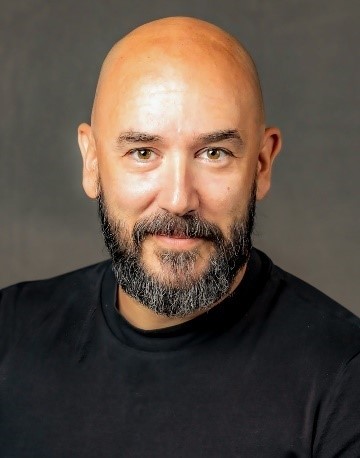
Alberto Mattiello
Business futurist, award-winning entrepreneur, author, and keynote speaker

“Disruption? Future of Events?”
Key take-aways/Objectives:
Biography
Author of ’Customer Success,’ ‘Mind the Change’, and ‘Marketing Thinking’ and curator of the Italian edition of the MIT Sloan books, Alberto is a technology and business innovation expert.
For ten years, Alberto has led Future Thinking, an international innovation-accelerator hub of Wunderman-Thompson, and he is the Head of Innovation of Retail Hub.
He focuses on helping companies to find a “sweet spot” between marketing, technological innovation, and emerging business models.
Alberto is a former member of the Scientific Committee of Confindustria.
Alberto is a speaker with many business groups and mentors at corporations and universities like Imperial College of London and the Bocconi University in Milan.
He lives in Miami, Florida.
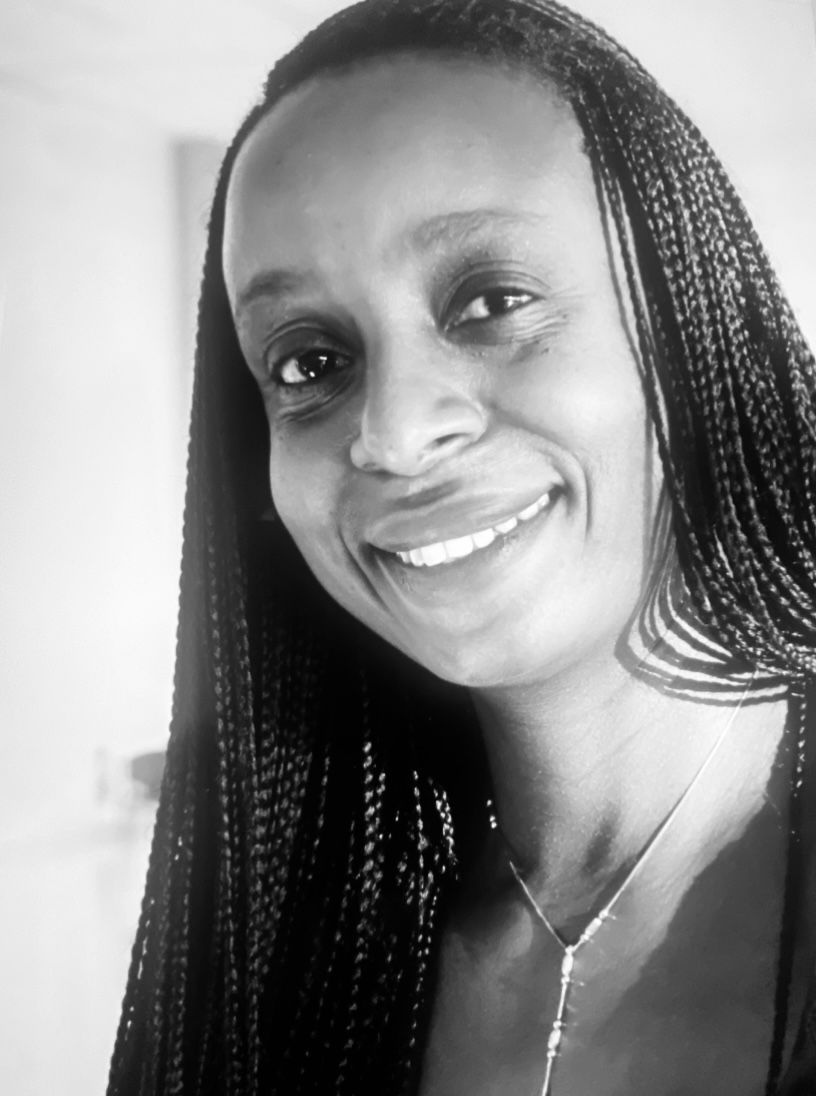
Diye Ndiaye
Antropologist, Former Counselor for International Relations, Equal Opportunities and Local Associations Promotion of the Commune of Scandìcci (Province de Florence) / Former Presidente of Senegalese Association in Florence & President of FASI (Federation of Senegalese Associations in Italy).

"UN SDGs and EU Agenda 2030 – Associations Striving for Equal Opportunities."
Workshop Description:
Equal opportunities is a vast subject that is not only limited to gender equality, but it’s also touching every aspect of the community. Associations can play a central role in promoting and defending this subject by making it visible to policy makers.
How can associations advocate “equal opportunities” towards national and international organisations and help achieve the goals of the UN SDGs and of the Agenda 2030 of the European Union?
Associations’ unique knowledge of their professional environment makes them the perfect magnifying glass to show policy makers the way forward in endeavouring to provide equal opportunities for all.
Key take-aways/Objectives:
Defining equal opportunities beyond gender equality. How associations can enhance equal opportunities in their own specific fields. How to get the attention of policy makers on the subject. How to contribute to the development of the subject on a global scale even with a small contribution.
Biography
Diye Ndiaye is graduated from the University of Florence in Educational Science with a thesis in cultural anthropology, and subsequently obtained the DEA (Diplôme d'étude Appliqué) again in social anthropology and ethnology from the EHESS (École des Hautes Etudes en Sciences Sociales) of Paris.
Councilor at the Municipality of Scandicci from May 2014 until recently June 2024, with the responsibilities of Education, Professional Training, Cooperation and International Relations, Promotion of Associations, Equal Opportunities.
Always dealing with the issue of gender and women's empowerment, she was involved in the issues of fighting Female Genital Mutilation, participating in the European Euronet-FGM network and collaborated with numerous associations present in the Florentine area and member of the non-governmental organization COSPE (Cooperation for the Development of Emerging Countries), she coordinated the F4A project (Foundations For Africa) on the institutional support and supervision of Senegalese associations in Tuscany and Emilia Romagna and ] and also promoted the "The Color of Respect" event to say No to racism and sexism in the institutional context.
Furthermore, her involvement in association movements strengthened her ability to adapt to new situations. These activities have led her to produce various contributions: on the occasion of numerous seminars, conferences and talks organized on issues of gender, "identity" and "development" and publications. She is author of Parenañu, "we are ready". Ethnography of a female enterprise in Senegal, Rome, C.I.S.U, 2004; “Breaking the wall of silence!”, in Busoni M., Laurenzi E. (ed.) The body of symbols. Theoretical and political nodes of a debate on female genital mutilation, SEID, Florence; Women and politics: the African chapter, in Africa, Testimonies. Bimonthly – Year LIV January – April, n. 1-2 (475-476), pp. 79-84, Florence, 2011
She is currently pursuing a PhD in social and cultural anthropology at the University of Milan Bicocca.
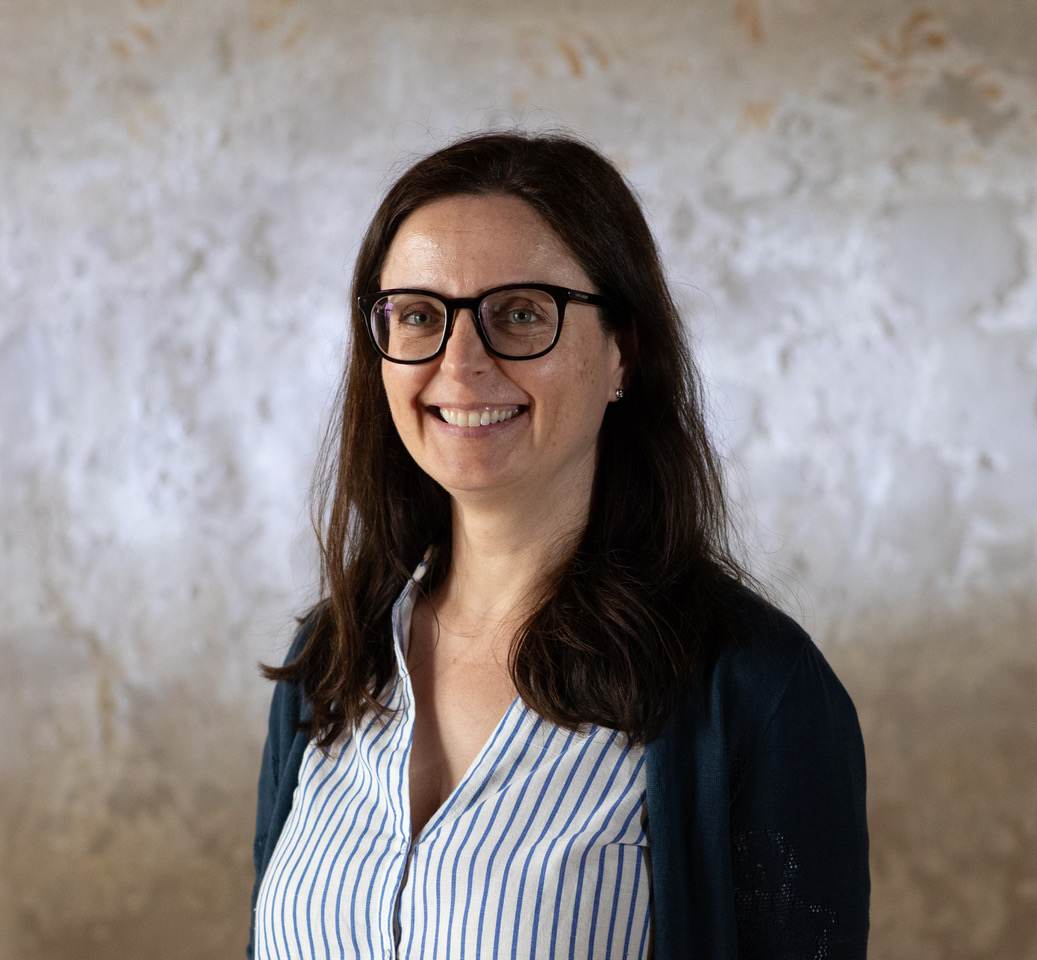
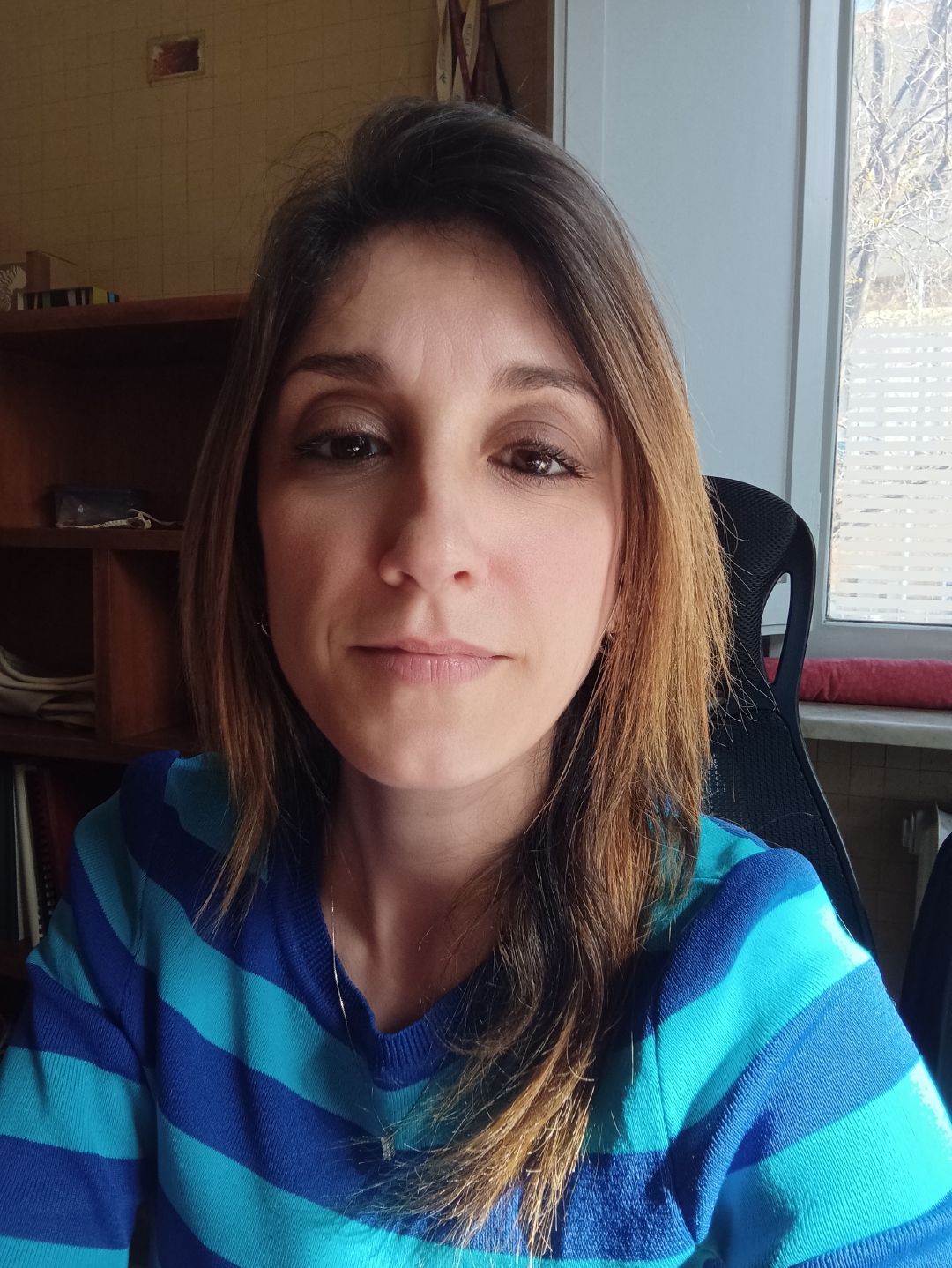
Sara Lucatello
President of the European Astronomical Society (EAS)
Michela Pacifici
President and Founding Member of the Society for Conservation Biology (SCB) Italy Chapter


"Italian Knowledge Leaders: fostering intellectual engagement through collaboration with international associations.”
Workshop Description:
Italian Knowledge Leaders is a national umbrella-like project aimed to support local intellectual leaders and their engagement within international associations. Through a variety of approaches, this initiative seeks to elevate Italy's standing as a hub of knowledge exchange and networking within various professional and academic circles. By providing support to international associations and facilitating the organization of congresses, the project aims to improve the quality and number of congresses in Italy and thus foster collaboration, innovation, and growth in all fields of knowledge.
Key take-aways/Objectives:
To highlight how to foster collaboration of international associations and host destinations through the engagement of local intellectual leaders who are actively involved in association life.
How associations can maximize the impact, relevance, and sustainability of their events, by harnessing the expertise, insights, and networks of local intellectual leaders, and thus developing successful partnerships with host destinations.
Biography
Sara Lucatello
Sara Lucatello obtained her undergraduate degree and PhD from University of Padova, Italy. After postdoctoral work at University of Texas Austin, she was INAF fellow in Padova and later Excellence Cluster Universe fellow in Munich. She joined the faculty at INAF Osservatorio Astronomico di Padova in 2006. Her scientific interests focus on spectroscopic studies of stellar populations, the formation and chemo-dynamical evolution of the Milky Way and its subcomponents, large Galactic stellar surveys and Big Data in Astronomy.
She has served as a member and co-chair of the Committee of Participation of Women in Sloan and as a member of the Committee for Inclusion in Sloan, the organs for diversity and equal opportunities in the SDSS (Sloan Digital Sky Survey) collaboration. Since July 2024 she is serving as President of the European Astronomical Society, with a portfolio focusing on diversity and inclusion issues, and she is part of the organizing committee of EAS2024, to be held in Padua in July.
Michela Pacifici
Michela Pacifici is a zoologist and conservation biologist whose scientific research focuses on analysing the relationships between human impacts and the extinction risk of terrestrial mammals on a global scale through the use of models. Michela is a researcher at the Global Mammal Assessment lab at Sapienza University of Rome. She is President and founding member of the Society for Conservation Biology Italy Chapter.

Stefano Berretti
Associate Professor at the Department of Information Engineering of University of Florence

"Storytelling of AI – The good, the bad and the ugly"
Workshop Description:
A storytelling on the history of AI. How did it start? How did it develop? Where are we now? Where are we going? Risks and opportunities. Analysing the inevitable impact that AI will have on International Associations and the future of humanity.
Key take-aways/Objectives:
Getting an idea of where AI is coming from and how it is already playing an important role in society. Learning the opportunities and the risks related to AI as well as the do’s and don’ts of this new subject.
Biography
Stefano Berretti is an Associate Professor at the Dept. of Information Engineering of the University of Florence (UniFI), Italy, and the head of the PhD program in Smart Computing at the same University. He was also a visiting professor at the University of Lille, France, and at the University of Alberta, Edmonton, Canada. The research interests of Stefano Berretti focus on developing artificial intelligence solutions for 3D computer vision problems such as face and facial expression recognition, human behavior understanding, face reconstruction and generation in 3D and 4D, geometric methods for shape analysis, and modeling. On these themes he has published over 220 articles in peer reviewed international journals and conference proceedings. He has worked on several research projects funded by the EU, the MUR and the Tuscany region, and currently is the principal investigator for UniFI of the AI4Debunk Horizon Europe project. He organized workshops on Learning with few or without annotated face, body, and gesture data (LFA at IEEE FG 2023 and 2024), Generation of Human Face and Body Behavior (GHB at WACV 2021, ICIAP 2023). He has been a general chair of The Eurographics Symposium on 3D Object Retrieval (3DOR) 2022, and of the Conference on Smart Tools and Applications in Graphics 2021 and has served as an area chair for ACM Multimedia (2020, 2021, 2022, 2023, 2024), IEEE Face and Gesture Recognition (2019, 2020), and program chair for the Int. Conf. on Smart Multimedia (2022, 2024). He organized special issues on the Computers & Graphics journal, ACM TOMM, IEEE TII, IEEE TCE, IEEE JBHI, and ACM TALLIP. He is the Associate Editor in Chief for Digital Communications of the IEEE Trans. on Circuits and Systems for Video Technology, an Associate Editor of the ACM Trans. of Multimedia Computing, Communications, and Applications (ACM TOMM), and of the IET Computer Vision journal. He was also the Information Director of ACM TOMM. He is a Senior member of IEEE.

Martina Fondi
Partner – Business Developer & Head of Forestry, Treedom

Workshop Description:
In a world struggling with the effects of environmental degradation and social disintegration, there is a compelling need for initiatives that foster ecological restoration and community cohesion. The "Roots of Renewal" workshop is designed to propagate the concept of a "regenerative approach" towards nature and communities, emphasizing the transformative potential of local reforestation efforts and the importance of internal change in associations.
This workshop aims to go beyond conventional conservation tactics, advocating for a systemic change in our interaction with the environment. Participants will be introduced to the principles of regenerative development: an approach that views reforestation not just as a method of planting trees, but as a holistic strategy to increase biodiversity, enhance ecosystem services, and revitalize community dynamics.
The session will offer a blend of theoretical knowledge and practical guidance, ensuring participants leave with both an understanding of the regenerative framework and actionable steps to implement it. Experts in environmental science, social development, and local forestry initiatives will facilitate immersive activities, group discussions, and case study analyses.
Key take-aways/Objectives:
- To explain the concept of regenerative practices, distinguishing them from sustainability and highlighting their restorative impacts.
- To explore the multi-dimensional benefits of reforestation, including carbon sequestration, habitat creation, water cycle regulation, and soil fertility improvement.
- To demonstrate the symbiotic relationship between healthy ecosystems and thriving communities, showcasing how reforestation can serve as a catalyst for social empowerment and economic development.
- To provide a platform for knowledge exchange, where participants can share experiences, forge partnerships, and learn from successful reforestation projects.
- To provide attendees with the tools and methodologies for initiating, managing, and scaling local reforestation projects with a regenerative focus.
Biography
Martina Fondi - Partner - Business Developer & Head of Forestry - Graduated in International and Diplomatic Sciences, before joining Treedom I worked in Consulates and Diplomatic Offices in Italy and around the world, always with a focus on international cooperation and sustainable development. In 2012, after a Master in Green Economy I met Treedom and today I am responsible for the coordination of all Treedom's forestry and R&D projects globally, consolidating my experience in agroforestry, sustainable management and international relations.

Daniel Laqua
Associate Professor of European History, Northumbria University, UK

"Trust in International Cooperation: Past, Present and Future"
What democratic opportunities do international organisations and wider systems of global governance offer? And to what extent does engagement in international cooperation both require and build trust? We will explore these questions as part of our discussion, following a brief introduction that also introduces historical contexts and precedents.
Biography
Daniel Laqua is Associate Professor at Northumbria University in Newcastle upon Tyne, UK.
He is the author of Activism across Borders since 1870: Causes, Campaigns and Conflicts in and beyond Europe (London, 2023) and The Age of Internationalism and Belgium, 1880–1930: Peace, Progress and Prestige (Manchester, 2013) as well as the (co-)editor of three books and six special issues of academic journals.
He has published widely on the history of international movements and organisations, including a volume on the history of UIA, International Organizations and Global Civil Society: Histories of the Union of International Associations (London, 2019).
He is currently leading a large international project on ‘Global Governance, Trust and Democratic Engagement in Past and Present’ (funded via the Trans-Atlantic Platform for the Social Sciences and Humanities) and is serving as co-lead of a research network entitled ‘Rethinking Internationalism: Histories and Pluralities’.

Ryan Brubaker

"Achieving goals, finding partners: UIA’s Global Civil Society Database."
Workshop Description:
UIA provides tools and data to help associations with their outreach, event planning and more. Ryan will present a number of UIA's tools, including a live demo of 'Open Yearbook' and 'Open Calendar', explain the history and future plans of the Global Civil Society Database, and will answer questions about how associations can best take advantage of these free resources.
Biography
Ryan has worked as a web and database developer at UIA since 2011. He is responsible for the user interface of UIA's databases, the ongoing development of its website and the visual identity of the organization. He also provides regular training sessions on the use of UIA's Yearbook of International Organizations and International Congress Calendar digital publications.
Before joining UIA, Ryan ran a communications design studio crafting online identities for associations and small businesses.